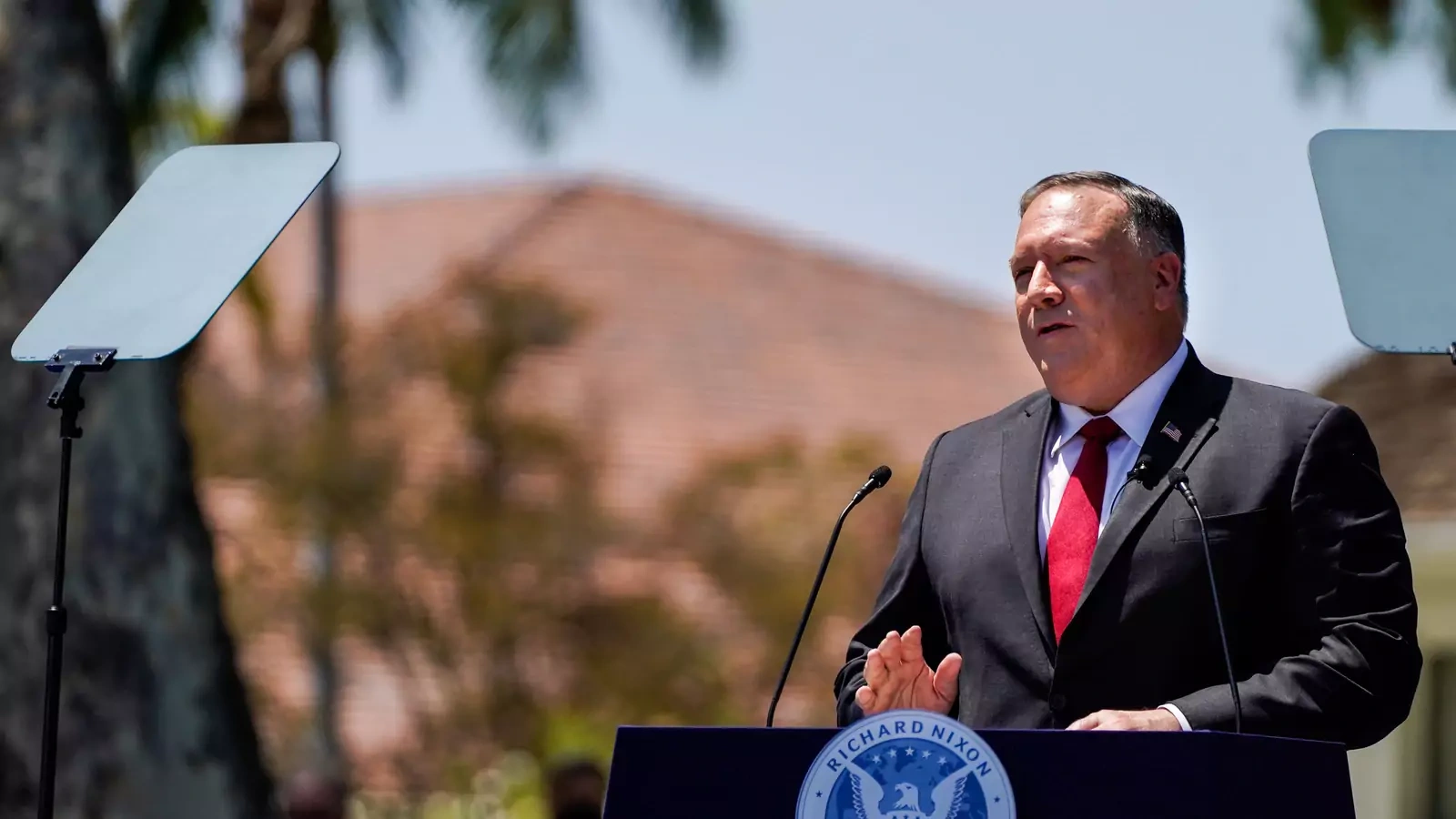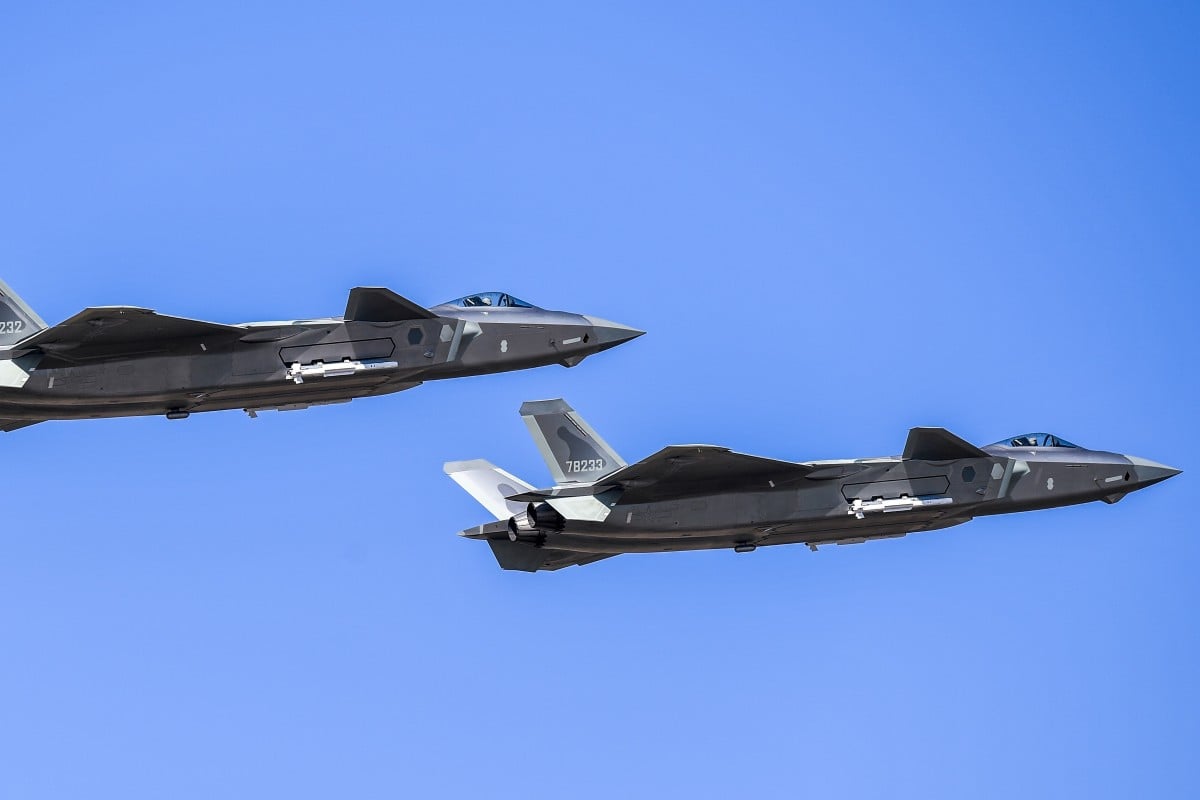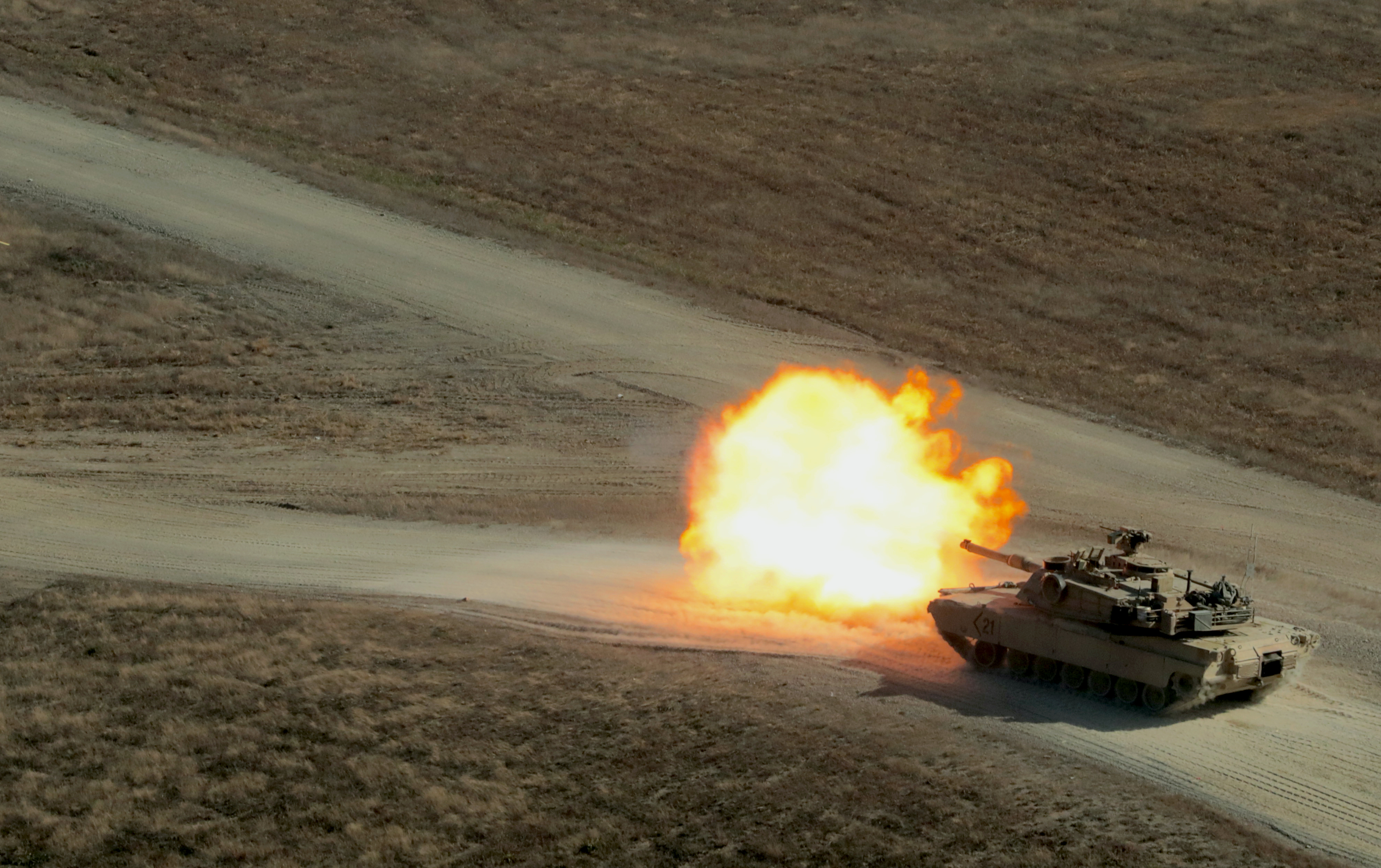Lazar Berman and Jennifer Tischler
The COVID-19 pandemic is a novel event. It shut the world down as leading economies lay dormant and citizens stayed home for weeks on end. But pandemics have been shaping history for millennia. Ancient populations also quarantined, had their lives disrupted, and raged against authorities as deadly diseases ravaged their communities.
As the world emerges from the pandemic, states will return to commerce, diplomacy, and war. Pre-existing rivalries will not disappear. However, many countries and non-state actors will emerge fundamentally changed, as will the dynamics between them.
As military and political leaders try to make sense of how the coronavirus has altered relations with hostile actors, they can draw important insights from past epidemics and their effects on persistent conflicts throughout history. This article examines past epidemics, from the Peloponnesian War in 430 BCE through the modern era, to extract lessons on incentives for aggression, power balancing, alliances, and internal legitimacy. By studying the past, contemporary decision-makers will be better equipped to anticipate challenges and avoid recurring dangers in the wake of pandemics.
LESSONS FROM PAST EPIDEMICS






















